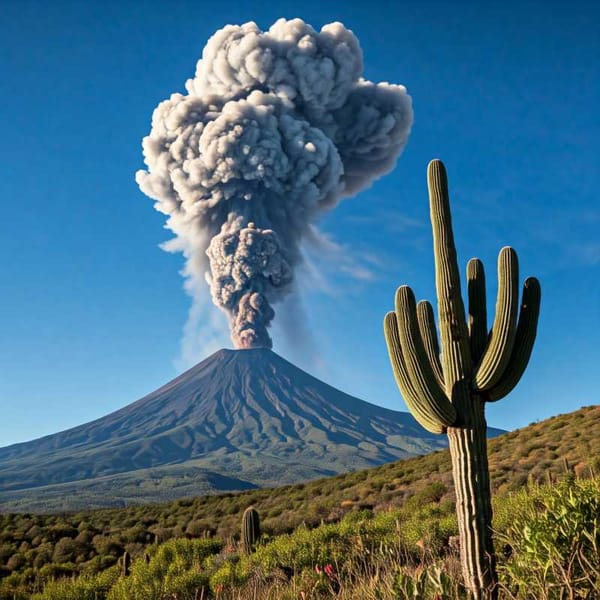Fungi: The Hidden Threat to Human Health and Food Safety
Discover the captivating world of fungi and their potential impact on human health and food safety. While some fungi are harmless and even beneficial, others can exploit weakened immune systems to cause disease. Learn about the latest research and interesting facts about these mysterious organisms.





